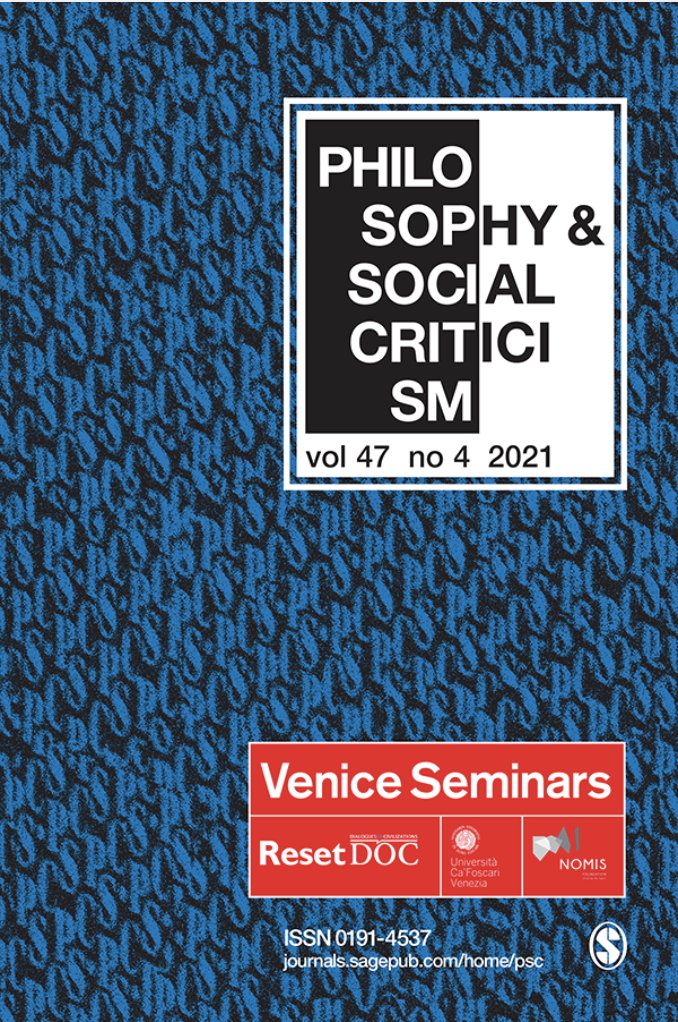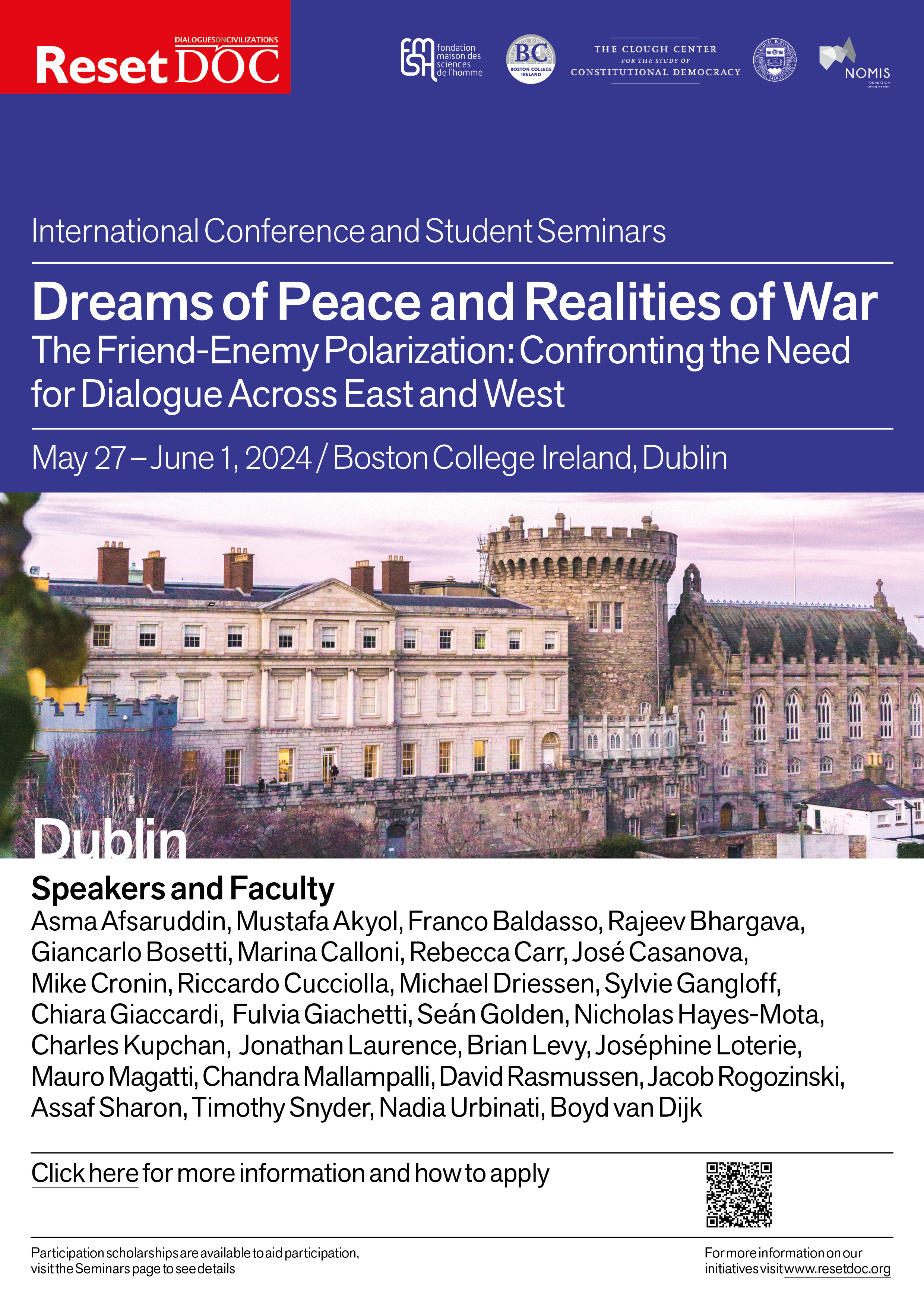Emanuele Felice 31 October 2025
Neoliberalism is a political ideology that, in its most “kindly” interpretation, places economic freedom at the center, as both the key and foundation for all other freedoms. Since the 1970s, it has taken shape through a set of principles, especially in economic policy, applied with varying degrees of intensity and consistency by nearly every country in the world.













